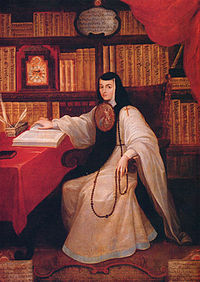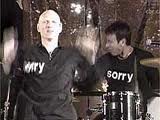At the end of June, Grey’s Anatomy star Jesse Williams received the Humanitarian award from Black Entertainment TV. His speech was widely acclaimed by his peers in the industry for its direct and uncompromising statements around racism, activists on the front line, organised resistance and those making money out of the industry. WIlliams is being touted as the new Harry Belafonte – 60s black rights activist.
http://time.com/4383516/jesse-williams-bet-speech-transcript/
It’s never too early or too late to thank your parents, your teachers and the ones you choose yourself to share your life and who invite you into theirs.
The equation of one and one is never two, there is always a multiplier effect, even when we act as if we are alone we aren’t – all the DNA has come from somewhere and we join our story to others and our story comes from others. We are part of an amazing system of molecules and moments whirring together through time and space and somehow collide and we are formed – a temporary configuration that will whirl away in good time too.
As the droplets of water erode the hardest of rocks, so will molecules mobilizing for equity give birth to movements where justice stands tall and inequality, discrimination and prejudice dissolve. Erosion of hate and fear starts with the salt water of tears. There is no other place to start. Without the tears, the anguish and the tide of anger cannot rise. More than a king tide, we have a tsunami of emotion rolling in from the horizon – and when it hits land there will be damage. The deaths of young blacks on the streets of the USA are collateral canaries in the inequity coal mine of that country and the reality TV show that is this year’s Presidential election is just adding more fuel to that fire. Here in Australia we don’t have far to look, colonialism has left a gap that is taking generations to resolve and the idea that equality and equity are around the corner for the oldest of cultures on our planet is not going to happen in my lifetime.
What would freedom from infant mortality look like? Or freedom from premature death? Or freedom from kidney disease? Or freedom from child abuse? Or freedom from violence? And more importantly, what would it take? We have some taking to do! How about taking away racism, intolerance, ignorance? How about taking away disease and despair? How about taking away fear?
Get to know the history and understand. Lets start with a tear and an ache, lets build on each sob and hear a guttural cry goading us to be our best selves and add magic to our molecules and see a flash mob dancing, mobilized, keeping it real and moving to a freedom beat. Get yourself organised, get organising.






